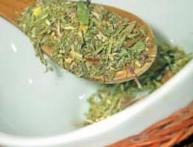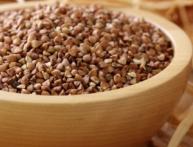What are the beneficial properties of sorrel?

For most gardeners and gardeners, sorrel is the plant that is most often planted just for the sake of it. Delicious soups are prepared from sorrel, pies are baked, jelly is boiled, and sorrel leaves are stored for future use. And few people think about the fact that beneficial properties of sorrel deserve special attention. But sorrel, which literally grows under your feet, is very, very useful.
Sorrel has medicinal properties leaves, fruits and rhizomes. They are prepared for future use in August-September. The fruits of sorrel must be collected by hand and dried, just like the roots, which must first be thoroughly washed, if necessary, can be cut into pieces and dried as well.
Sorrel fruits contain essential oil, vitamin C, vitamin K, organic acids, carotene, cahetins, flavonoids, aromatic substances. IN roots sucrose, fructose, glucose, saponins, alkaloids, phenols, vitamin K, tannins, essential oil, cahetins, etc. were found.
Due to the presence of so many useful substances, sorrel is used in the treatment of many diseases. After all, drugs based on it have a choleretic, laxative, astringent, anthelmintic, anti-inflammatory and hemostatic effect. Moreover, sorrel has this peculiarity: in large quantities it has a laxative effect, and in small quantities, on the contrary, it has an astringent effect. Dysentery can be successfully treated with a decoction of sorrel roots. Or take it for preventive purposes.Also, a decoction of sorrel helps to actively fight inflammatory processes in the oral cavity if used as a rinse.
Fresh sorrel leaves are good remedies for small cuts and boils. They are also applied to ulcers and purulent wounds for treatment.








